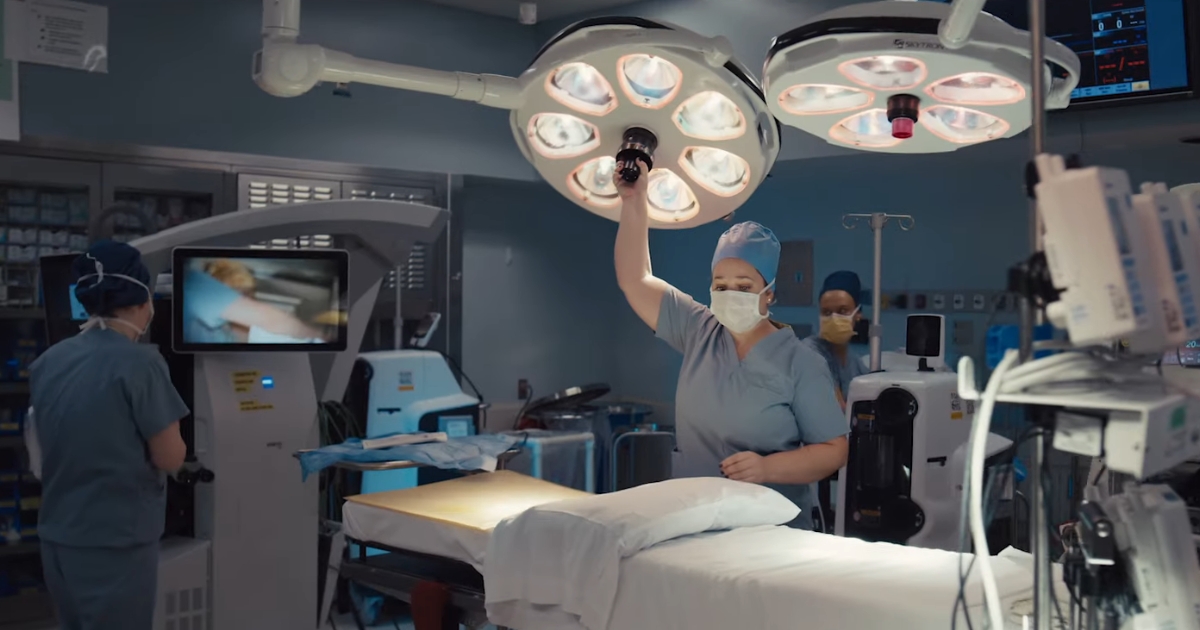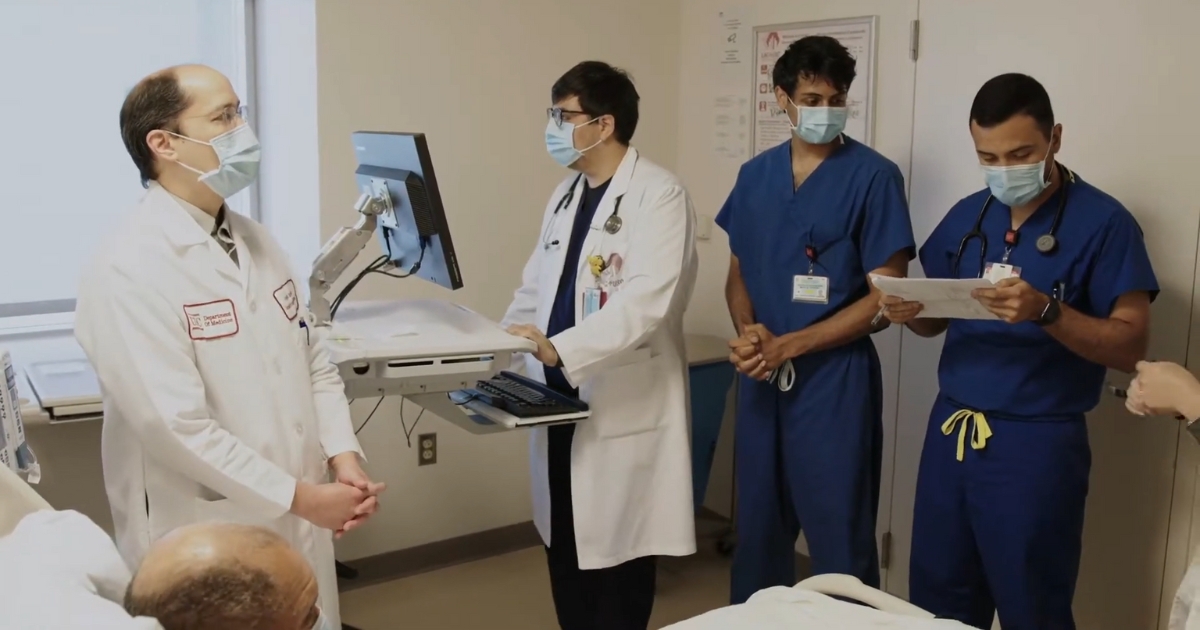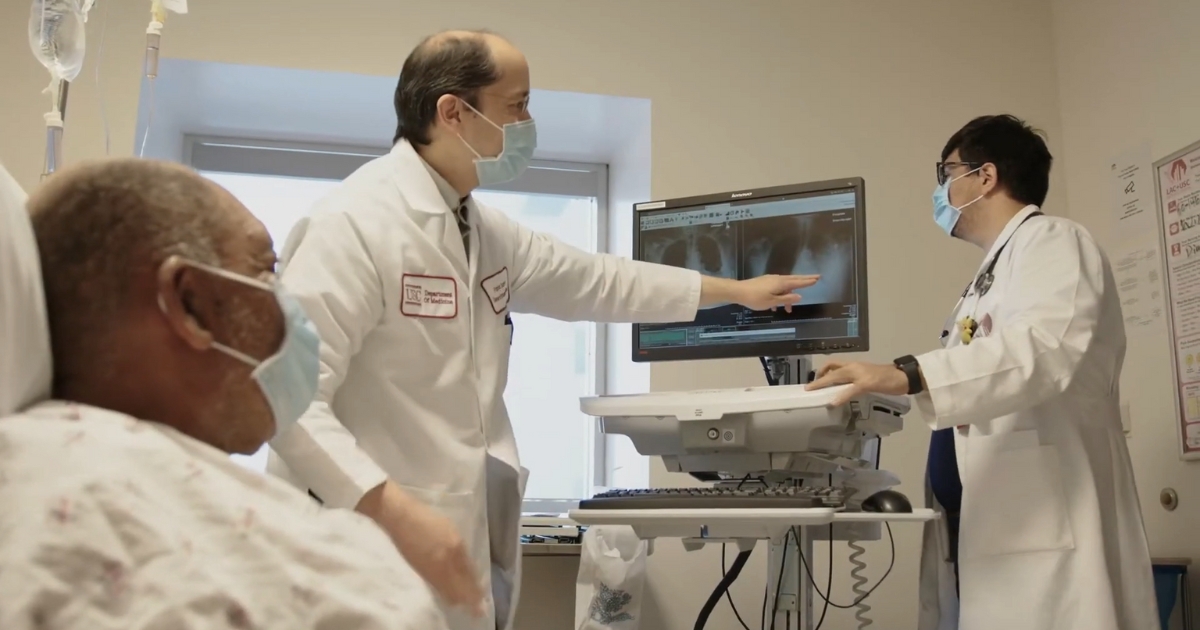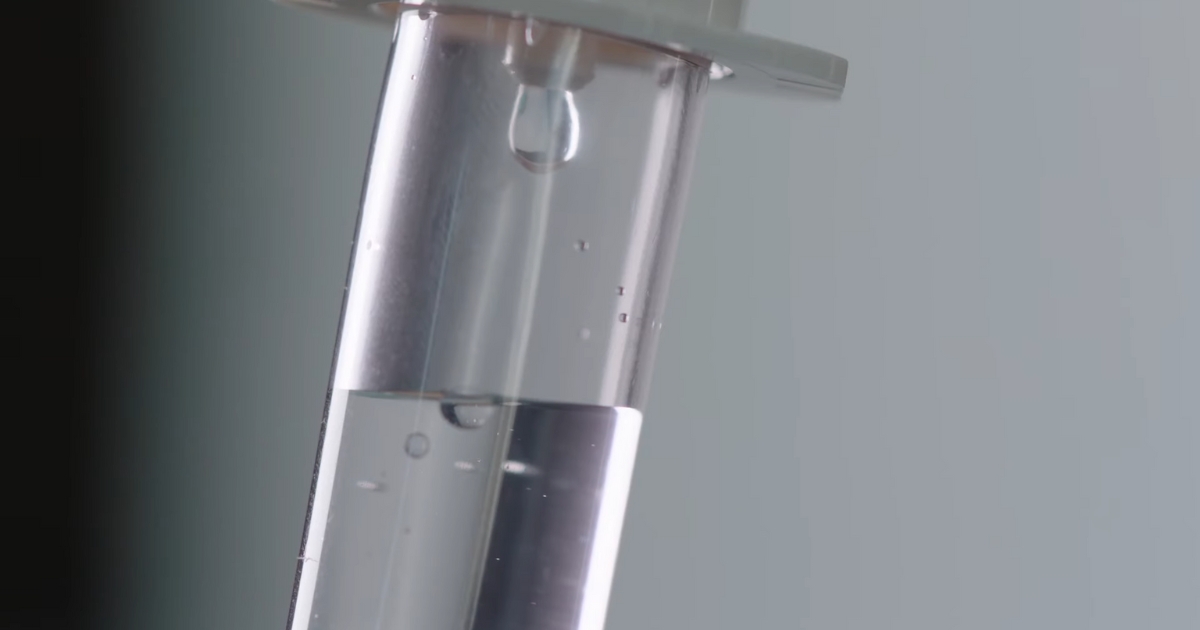Understanding the difference between a DNP (Doctor of Nursing Practice) and a DNAP (Doctor of Nurse Anesthesia Practice) is crucial for nursing professionals considering advanced practice roles.
Both degrees are terminal degrees in the field of nursing, meaning they represent the highest level of education within the profession. If you are particularly interested in DNP, click here.
You need to evaluate your professional goals and interests when deciding between these two paths as they lead to different scopes of practice and opportunities within the healthcare system.
Key Takeaways:
- Both DNP and DNAP are terminal degrees within the nursing profession tailored for advanced practice.
- DNAP is specialized for nurse anesthesia, while DNP encompasses a broader scope of advanced nursing roles.
- Choosing between a DNP and DNAP depends on your career goals within clinical practice or leadership in healthcare.
DNP and DNAP
Your understanding of the distinctions between a DNP and a DNAP is crucial if you’re considering advanced nursing education. These terminal degrees represent the pinnacle of practice-oriented nursing education, tailoring distinct pathways for nurse leaders.
Historical Development
The DNP was developed by the American Association of Colleges of Nursing (AACN) as the highest level of nursing practice based on their position statement released in 2004. This move was aimed at advancing the clinical role of nurses in response to the complexities of the healthcare system.
On the other hand, the DNAP, a specialized professional degree, evolved to address the growing expectations in nurse anesthesia, reflecting both clinical expertise and an emphasis on applying research in practice.
Defining the Degrees
A DNP degree is designed to prepare you for the highest level of nursing practice. The focus is broadly on clinical practice, systems leadership, and the application of research into practice. As defined by the AACN, the DNP curriculum is intended to build on traditional master’s programs by providing education in evidence-based practice, quality improvement, and systems leadership, among others.
DNAP is a specialized terminal degree tailored specifically for nurse anesthetists. It goes beyond basic certification and addresses the need for leadership in anesthesia, focusing on the use of research findings for evidence-based clinical practice, as well as emphasizing education and administration within the field.
Both programs are aimed at preparing nurses for advanced clinical roles, with the DNP serving a broader clinical role while the DNAP focuses exclusively on anesthesia. The degrees may vary slightly in their structure and focus depending on the institution offering the program.
Educational Pathways
When pursuing either a DNP or a DNAP, the educational pathways you’ll encounter have distinct prerequisites and focus areas in their curricula. Both programs prepare you for the highest levels of nursing or nurse anesthesia, underpinning the link between advanced coursework and practical application in the field.
Prerequisites and Admissions
To be eligible for admission to a DNP or DNAP program, you must hold a Bachelor of Science in Nursing (BSN) or a Master of Science in Nursing (MSN) degree.
Admissions committees typically require the following:
- Official transcripts from all prior academic work.
- Letters of recommendation to attest to your academic and professional competencies.
- Goal statement that outlines your reasons for pursuing the degree and how it aligns with your career objectives.
- Resume/CV which indicates your clinical experiences and any relevant healthcare contributions.
Curriculum Focus and Coursework
DNP programs generally stress on a variety of advanced topics, often including:
- Integrating research findings with clinical expertise.
- Understanding the science behind advanced nursing practice.
- In-depth study of pharmacology as it relates to complex clinical decisions.
In contrast, DNAP programs focus heavily on clinical practice and the administration of anesthesia, ensuring you can apply research to anesthesia-related nursing practice.
Both degree programs will include a mixture of didactic coursework and extensive clinical practice requirements, aimed at developing the expert level of knowledge necessary to lead within clinical settings and improve patient care outcomes.
Scope of Practice and Employment
As a professional in the nursing field, your role and the opportunities available to you can differ notably, depending on whether you obtain a Doctor of Nursing Practice (DNP) or a Doctor of Nurse Anesthesia Practice (DNAP). Your educational pathway will significantly influence your clinical responsibilities and employment prospects, including leadership positions and salary expectations.
Clinical Roles and Responsibilities
With a Doctor of Nursing Practice, you can work in various clinical settings, providing patient care with a high degree of autonomy. Nurse practitioners are considered advanced practice registered nurses (APRNs) and may have full authority depending on state regulations; this means you can diagnose and treat patients, prescribe medications, and create care plans without physician oversight. Your practice focuses on the broad scope of patient safety, health policy, and in certain cases, clinical leadership roles.
If you hold a Doctor of Nurse Anesthesia Practice degree, you specialize as a certified registered nurse anesthetist (CRNA), focusing on anesthesia-related care for patients across a multitude of clinical environments.
You are responsible for patient care before, during, and after anesthesia, and your practice hours entail constant patient monitoring, ensuring the safe administration of anesthesia. CRNAs also play a pivotal role in developing patient safety protocols.
Professional Opportunities and Salary
DNPs may qualify for top-tier positions in healthcare organizations, such as Chief Nursing Officer or Healthcare Administrator, emphasizing the leadership and administration aspects of the degree.
CRNAs with a DNAP degree often find themselves in leadership roles specific to anesthesia departments and may also be involved in educational or administrative capacities within healthcare systems.
Salary Expectations:
Salary can vary based on factors like geographical location, years of experience, and the type of facility in which you work. Typically, roles that blend clinical practice with administrative responsibilities command higher pay.
FAQs
What does DNP mean in psychiatry?
In psychiatry, a DNP refers to a psychiatric-mental health nurse practitioner (PMHNP) who has earned a Doctor of Nursing Practice degree. This individual provides a wide range of mental health services, including the diagnosis and management of mental illnesses, under the DNP qualification.
What happens if you get a DNP?
If you obtain a DNP, you are equipped with the highest level of nursing practice education, allowing you to take on advanced clinical roles, influence healthcare policy, provide top-tier patient care, and contribute to the improvement of healthcare systems.
What is the highest-paid DNP?
The highest-paid DNPs are typically found in executive leadership roles, such as Chief Nursing Officers, or in specialized fields like anesthesia, where DNPs may command higher salaries due to the advanced level of training and the critical nature of their work.
The Bottom Line
When considering the pursuit of advanced practice in nurse anesthesia, you face a choice between two terminal degrees: DNP and DNAP. Both paths lead to excellence in nurse anesthesia; however, they differ in focus.
Your decision should align with your career goals, educational preferences, and the opportunities available to you. Each will prepare you for a challenging and rewarding role in nurse anesthesia. With either degree, your expertise will be vital to patient care and the healthcare system at large.

















